You are here
Back to topNew Market to Play Key Role in Eastern China Imported Fruit Distribution
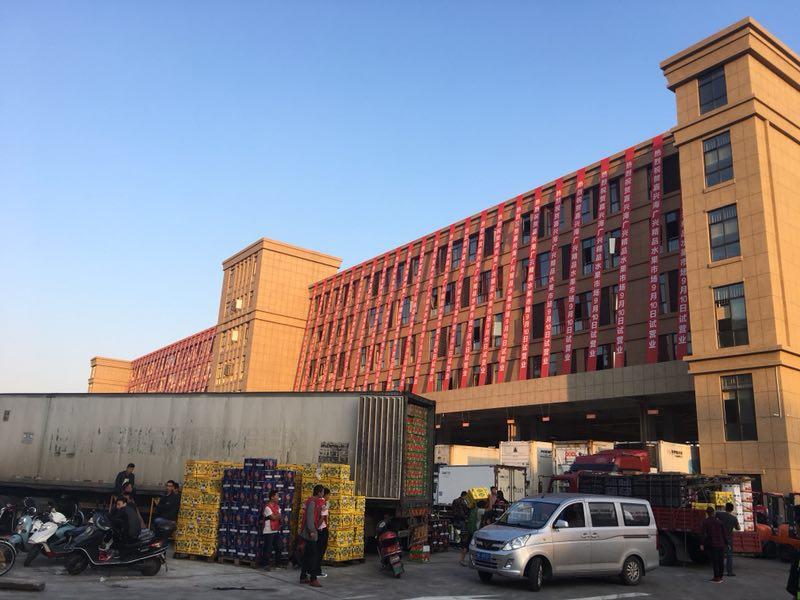
The Jiaxing Haiguangxing Market started trial operations on September 10
The Jiaxing Haiguangxing Premium Fruit Market started trial operations Monday in the heart of the Yangtze River Delta. The import-focused 125,000m2 wholesale fruit market broke ground in April of this year and includes 25,000m2 of floor space dedicated to trading stalls and a separate container-based trading area with capacity for 300 containers.
The Jiaxing Haiguangxing Premium Fruit Market (嘉兴海广兴水果市场) is not to be confused with the adjacent Jiaxing Fruit Market (嘉兴水果市场). The Jiaxing Fruit Market was founded in 1992 and is one of the key wholesaling and distribution centers in eastern China for domestically produced fruit. Jiaxing Fruit Market is one of the investors in the new Haiguangxing Market. Guangzhou’s Jiangnonghui Market (the imported fruit branch of the Jiangnan Wholesale Fruit Market) is also an investor.
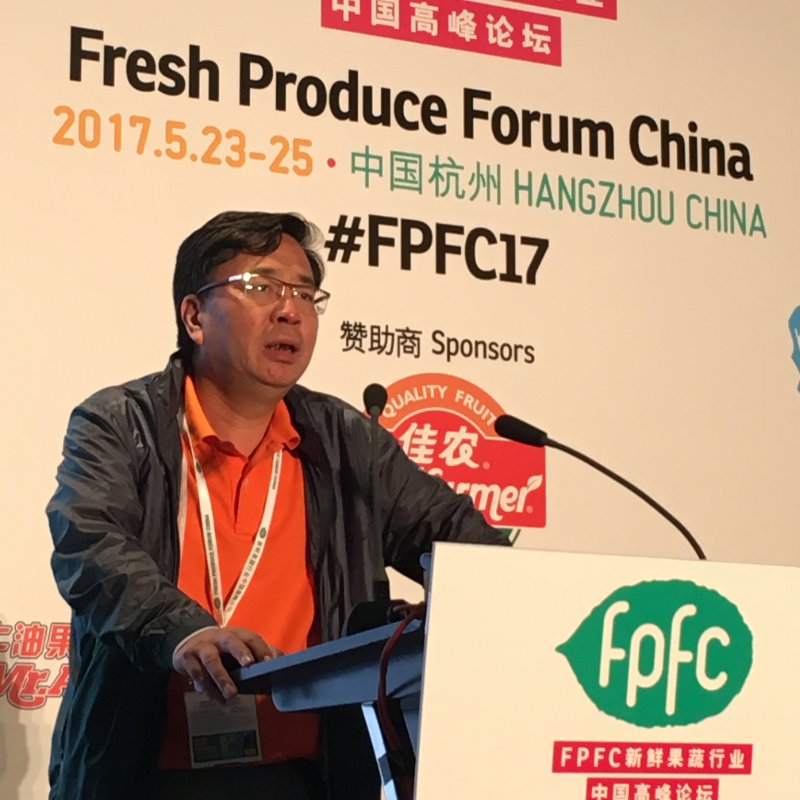
Produce Report spoke to the General Manager of the new Haiguangxing Market, Mr XU Zheng, who is also an investor in the market and formerly served as the General Manager of Shanghai’s Huizhan Fruit and Vegetable Market. Xu said that the Haiguangxing Market had already attracted more than 100 importers and wholesalers to set up operations there, “which comprise all of the major players in the fruit business in eastern China, as well as some Guangzhou-based companies expanding northward and some companies from Beijing and Shenyang expanding south.”
Overall, said Xu, “the companies we’ve attracted to Haiguangxing Market represent the best of the industry and will serve to consolidate the world’s fruit supply into a single location.”
The opening of the Huiguangxing market helps cement the status of Jiaxing City, in northern Zhejiang province—and roughly equidistant to major markets such as Shanghai, Hangzhou, Suzhou and Ningbo—as a crucial center for the distribution of fresh fruit in China (Jiaxing is also home to the Jiaxing World Fruit Center, a competitor to the Jiaxing Fruit Market and Huiguangxing Market). Land in Jiaxing is cheaper than in the aforementioned major cities, and it has good transportation links to those markets, as well as to key sea and air ports of entry in cities like Shanghai and Ningbo.
While Jiaxing market turns over a significant volume of imported tropical fruit from Southeast Asia, most of its volume is nevertheless domestically produced fruit. The Huiguangxing market will be more focused on fruits from outside of Asia, such as those coming from the Americas, Europe and South Africa, Mr YOU Zhijiang, General Manager of Jiaxing Market told Produce Report.
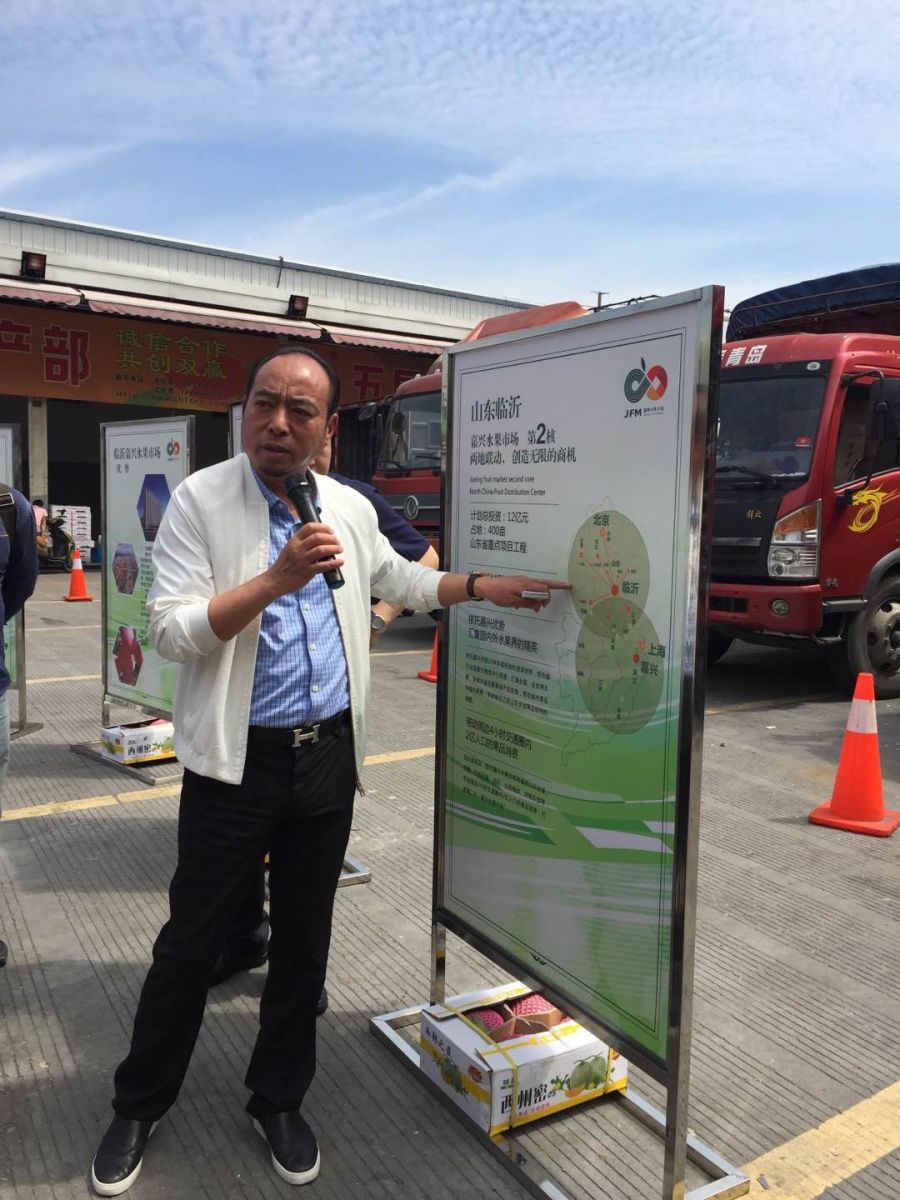
Once Huaguangxing Market gets running at full speed, the two markets hope to together break the RMB 50 billion ($7.3 billion) mark in annual transactions. This staggering sum is a testament to the enormous growth in demand from Chinese consumers, as well as the continuing importance of wholesale markets to the fruit trade in China.
“The most obvious characteristic of the imported fruit market in China is the unceasing increase in volume,” said Mr ZHENG Nanshen, of the Guangzhou Jiangnonghui Market, in an interview with Produce Report. “Regardless of what country its from or what kind of fruit it is, as long as its of high and stable quality, even if volume increases, it will be absorbed by the China market.”
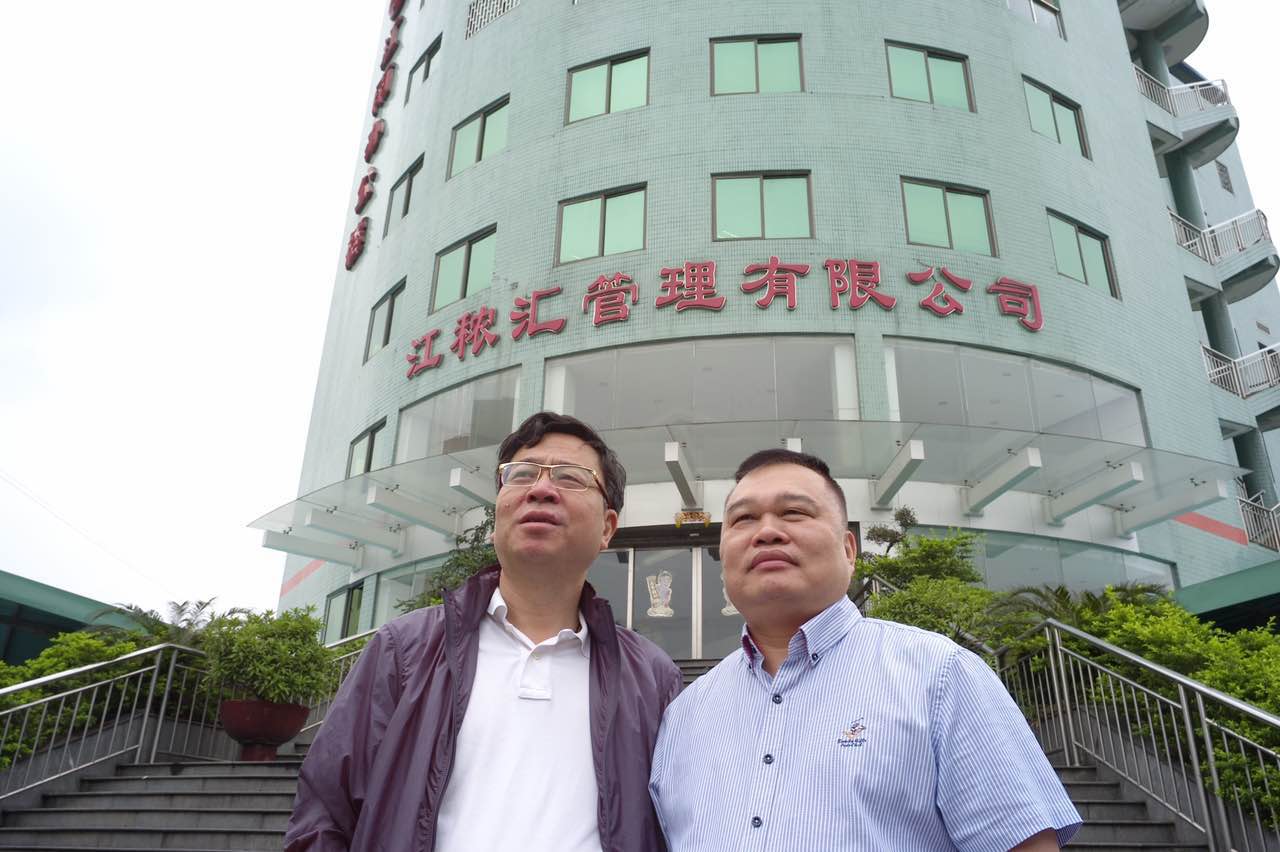
Unlike in some Western markets such as the US and UK, where the fruit trade is dominated by supermarkets and hypermarkets who control the whole supply chain themselves, wholesale markets play a key role in the importation and distribution of fresh fruit in China, where even major fruit specialist retailers and supermarkets still buy the majority of their supply through these markets rather than direct from foreign and domestic suppliers. It is estimated that 70 to 80% of the overall volume of fruit sold in China is traded through wholesale markets as opposed to direct purchasing from growers.
Mr Xu of Haiguangxing Market says it is beneficial for the buyer to be able to inspect the product to ensure quality and negotiate a price face-to-face with sellers. “Wholesale markets serve the role of consolidating large volumes of different varieties and quality levels of fruit in one place,” says Xu. “This allows retailers to pick out the products that correspond to their needs and immediately settle on a price. Wholesale markets are therefore the fastest, most rational, most transparent and fairest transaction method,” for fresh fruit.



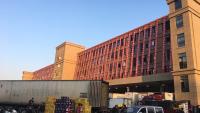
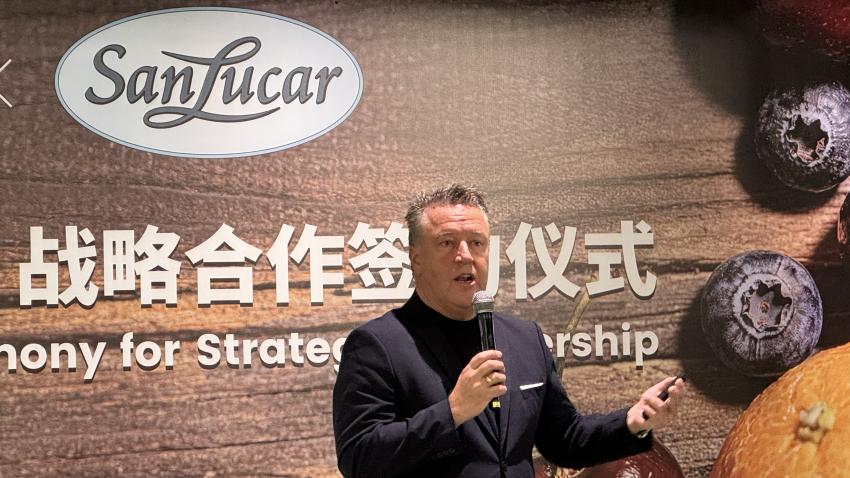
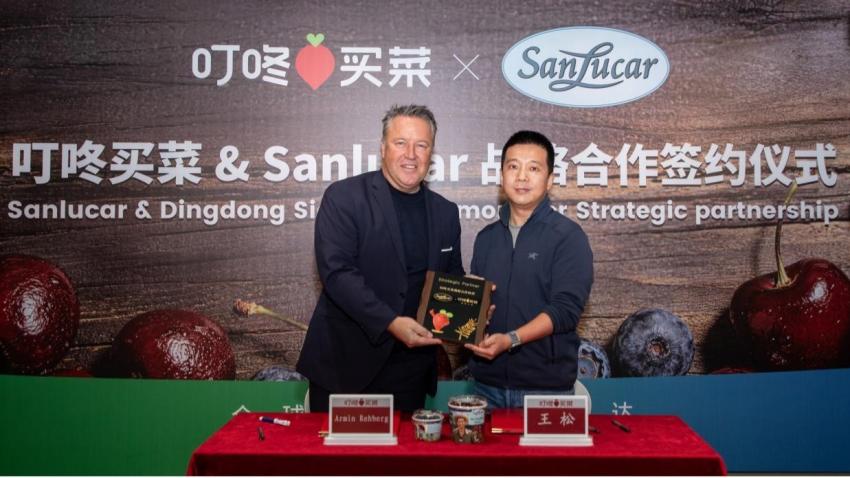








Add new comment